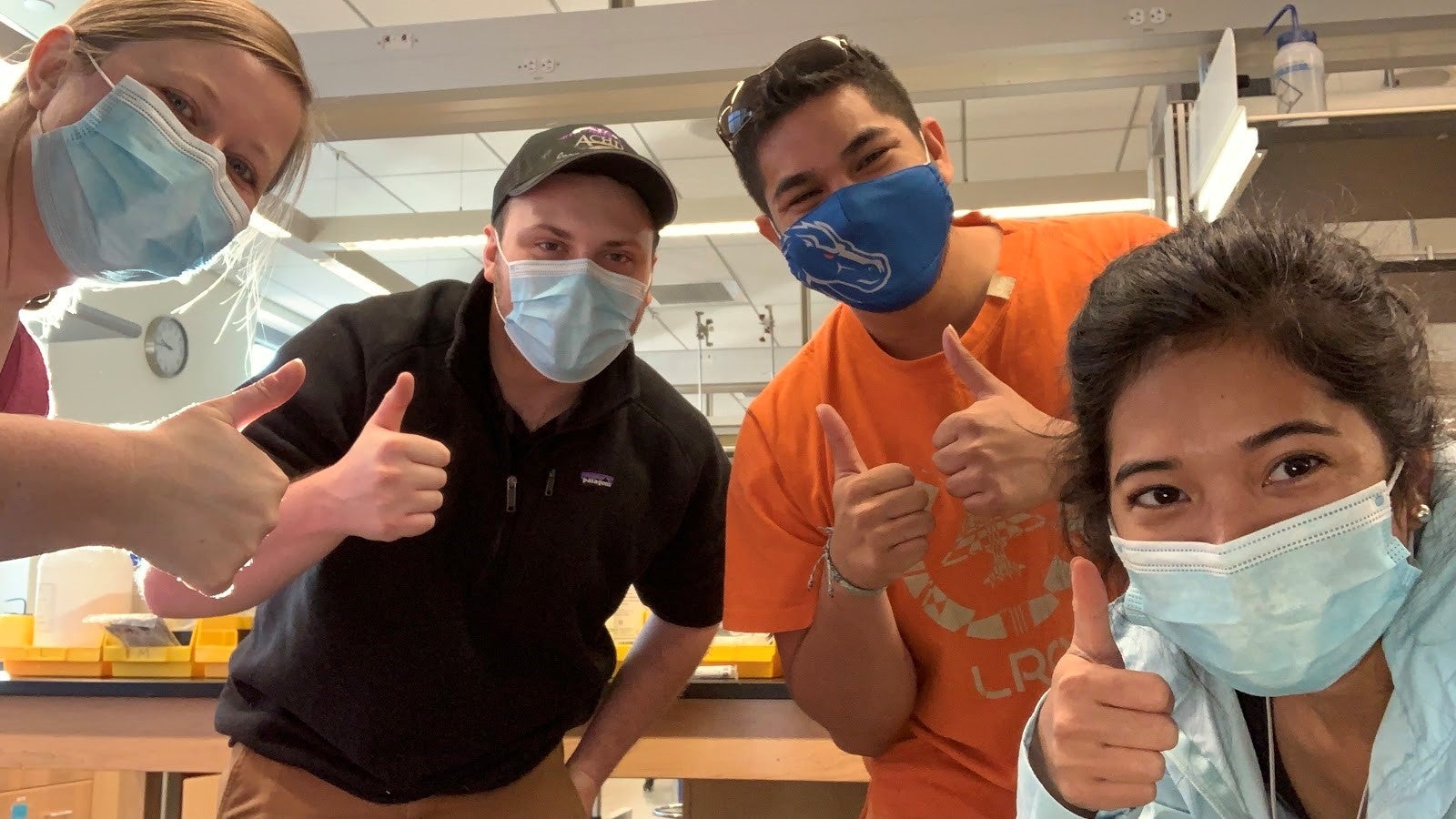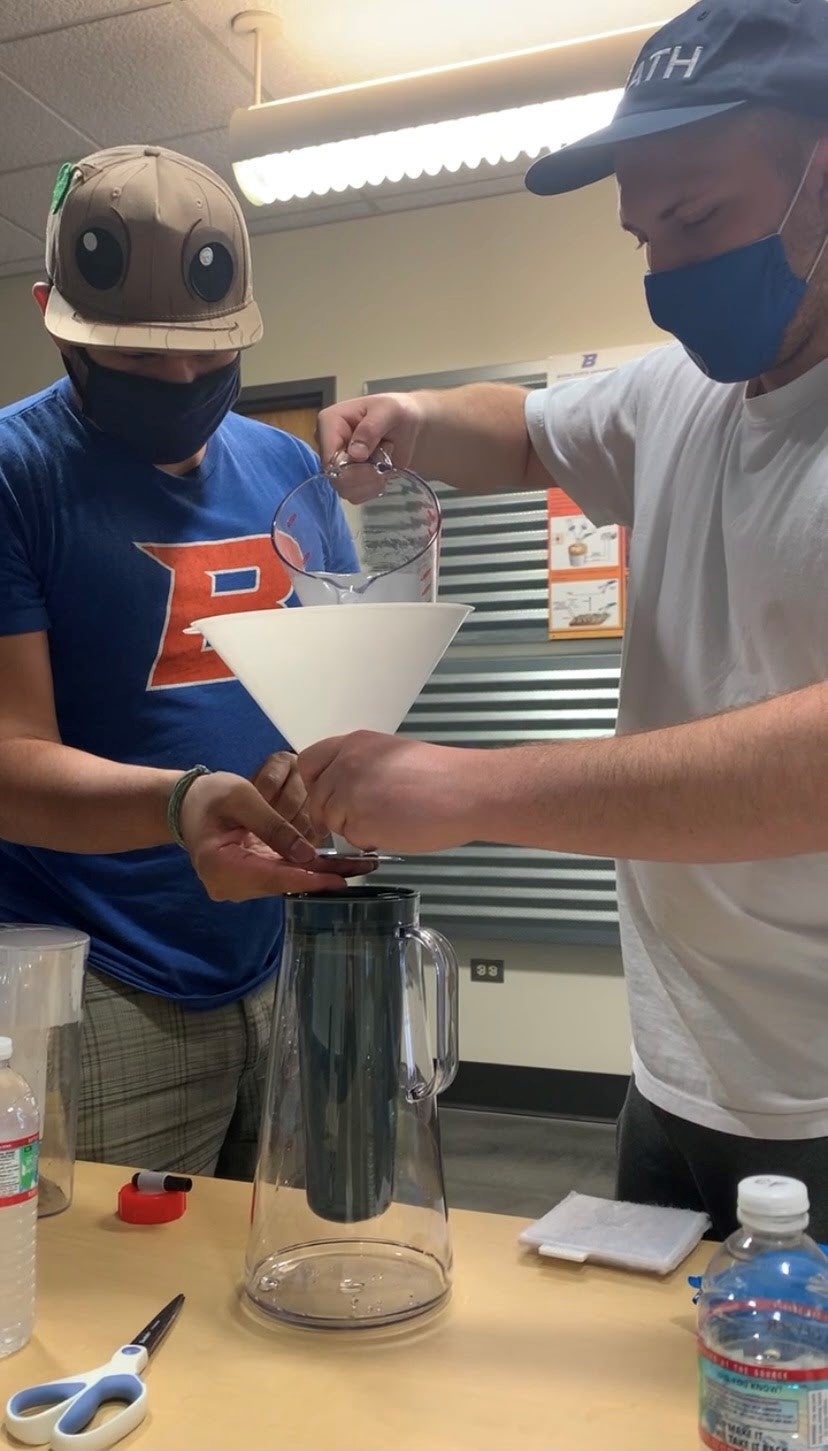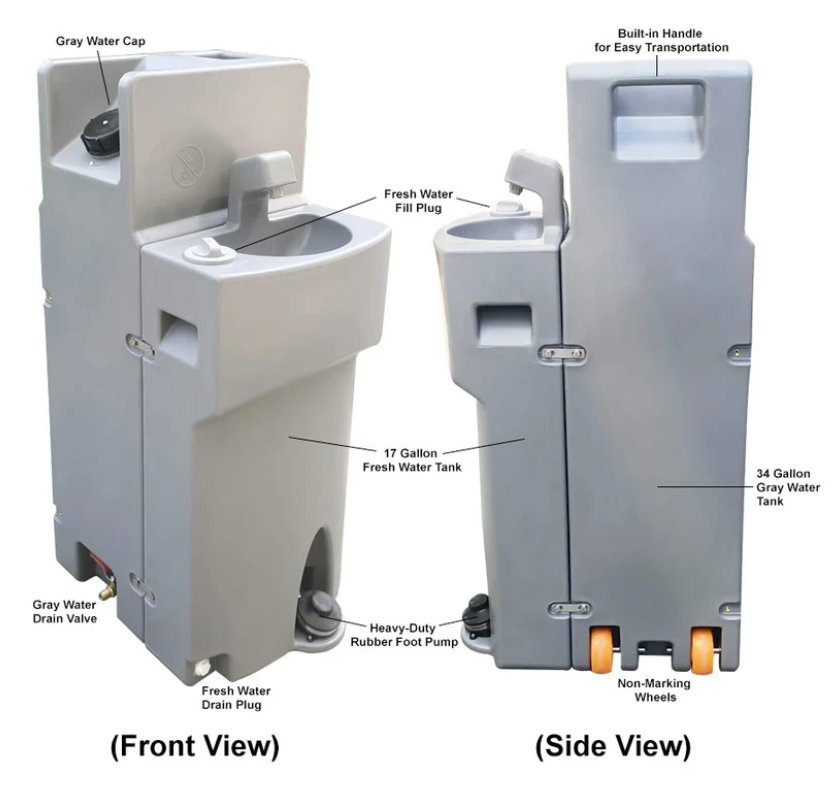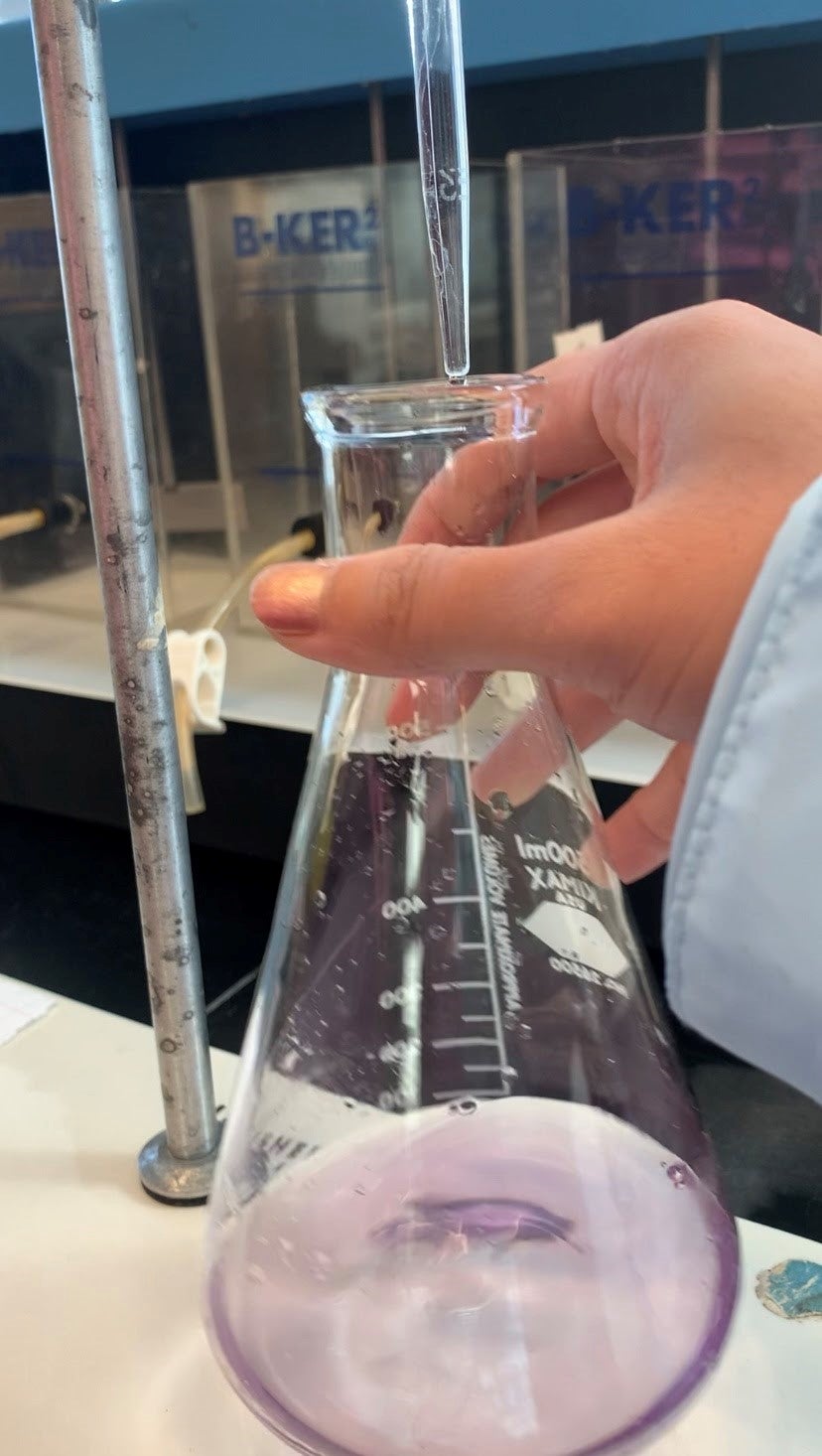Portable Handwashing Station
The Interfaith Sanctuary provides food and housing services for the homeless and displaced populations of Boise. Because of the COVID-19 pandemic, hand sanitation has become a high priority for the Sanctuary and is a general need for all of the homeless population. Therefore, the team has been tasked with providing hand sanitation services using upcycled materials and responsible water usage methods to provide the shelter with a durable, low-cost hand washing station that is functional in all seasons. The goal of the product, which will be delivered during Spring 2021, is to provide year-round hand sanitation to the populations served by the Interfaith Sanctuary, but to do so with sustainable methods.
The Team

Members
- Andrea Eborn – LinkedIn
- Zachary Andreason – LinkedIn
- Christine Lynch – LinkedIn // ePortfolio
- Adonis Olivas – ePortfolio
Capstone Design Coordinator
Portable Handwashing Station
Executive Summary
Interfaith Sanctuary in Boise, ID provides food and housing services for the homeless and displaced populations of Boise. The COVID-19 pandemic has made hand sanitation a high priority for the Sanctuary and is a general need for all of the homeless population. The team has been tasked with providing outdoor hand sanitation services using upcycled materials and responsible water usage methods to provide the shelter with a durable, low-cost hand washing station that is functional in all seasons. The goal of the product, which will be delivered in Spring 2021, is to provide a year-round, sustainable hand sanitation system to the populations served by the Interfaith Sanctuary.
Problem Statement
Due to the Covid-19 pandemic and the need for social distancing, indoor shelter space is not as accessible to the homeless as it has been in the past. For Interfaith Sanctuary and the population it serves, hand sanitation has become a high priority. Existing handwashing stations are not usable during the winter months due to below freezing temperatures. In the facilities serving the homeless population in Boise, there is limited access to heat and clean water, amplifying the need for clean, warm water for hand washing in the winter.
Background Research

Research completed for this project includes:
-
-
- Multiple organizations who serve the homeless were consulted to determine their needs relative to sanitation.
- Existing hand washing station designs and components were researched.
- Water quality requirements for hand washing water were studied.
- Several filtration systems and components were researched. Multiple existing filters have been purchased and used to filter collected hand washing water. pH, turbidity, and hardness testing has been completed.
- Different water heating systems were studied.
- Insulation options have been explored but more research needs to be done to determine which are most suitable.
-
Solution
Current design solutions for this project include:
-
-
-

Example system that will be retrofitted. Retrofit of existing portable hand washing system
-
- Allows for research emphasis to be placed on additional design elements.
- System has foot pump to reduce water usage per hand washing
- Made with high heavy duty HDPE so resilient
- Few moving parts reduces maintenance requirements and risk of vandalism
-
- Qualitative analysis indicates the LifeStraw water pitcher filter appears to be the most effective filter but further testing needs to be done to verify.
- The most efficient and effective water heater for this application is a self regulating, electric powered screw plug immersion heater.
-
-
Safety/Risk Assessment

The following risk mitigation strategies will be applied to the final product:
-
-
- Include safety components in the heating system to prevent injury or system damage.
- Complete thorough testing to ensure filter effectiveness and provide filter maintenance schedule and instructions to the client.
- Ensure all components are accessible to be cleaned.
- Provide signage indicating that the hand washing station is not potable.
- Vandalism and theft mitigated by having few visible metal parts and locks on the whole system and electric components.
- Properly insulate the hand washing station to prevent damage caused by freezing.
-
Next Steps
This project will continue in the Spring 2021 semester. The next steps for this project include:
-
-
- Complete testing of filtration system options then decide on an optimal filter option.
- Complete research and testing on possible insulation materials.
- Purchase an existing hand washing station, prototype addition of heating, insulation, and filtration elements.
- Purchase remaining components and complete retrofit.
- Complete extensive system testing.
- Have safety inspection done on the final product prior to delivery.
- Create a user manual with maintenance and safety information included.
- Deliver final product to Interfaith Sanctuary.
-